Essential Website Security: Why Your Site Needs Guarding
Tuesday, May 23, 2023

Imagine your website as a house. You've put your heart and soul into designing it, filling it with valuable content, and inviting visitors to explore. Just like you wouldn't leave your home unlocked, your website too should never be left unprotected. Today, we're breaking down why securing your website with SSL certificates, regular security scans, and secure coding practices is as important as having a top-notch security system for your house.
Why Website Security Matters
A secure website not only protects your business and customers but also helps to build trust and credibility. When customers see that you take security seriously, they're more likely to do business with you. Additionally, search engines like Google prioritize secure websites in search results, which can help improve your online visibility and drive more traffic to your site.
Essential Steps to Secure Your Website
SSL Certificates: The Website's Digital Key
SSL (Secure Sockets Layer) certificates are your website's first line of defense. They secure the connection between your website and your visitor's browser — ensuring that all data passed between them remains private and integral.
Imagine an SSL certificate as the lock and key to your house. When a visitor enters your website, the SSL certificate locks the data that's being exchanged. Only the intended recipient has the key to unlock and read it.
Without this digital key, all the information is out in the open and could be stolen. This could be really serious if it's stuff like credit card details or personal information. So, SSL certificates aren't just a nice extra; they're absolutely vital for website security.
Make sure to obtain an SSL certificate from a reputable provider and install it on your website.
Regular Security Scans: Your Online Security Guard
Now, let's think about having a security guard who keeps an eye on your house day and night. Running regular security scans on your website is just like this.
Security scans check your website for any dodgy goings-on. They look for things like malware (nasty software), vulnerabilities (weak spots), and other security risks. If they spot anything strange, they let you know so you can fix it before it becomes a big problem.
Many website hosting providers offer built-in security scanning tools, or you can use third-party services for this purpose.
Keeping Software Updated: Fixing Cracks in Your Home
Imagine your home’s windows and doors. Over time, they can develop cracks or their locks can get old. If you don't repair those cracks or replace the locks, a burglar might find it easier to break in. Keeping software updated on your website works the same way.
Just like the cracks in your windows and doors, outdated software can have vulnerabilities. Hackers are always on the lookout for these weaknesses because they can use them to break into your website. So, regularly updating your software is like fixing those cracks and changing the locks - it helps keep the bad guys out.
Ensure that your website's software, including content management systems (CMS), plugins, and themes, are always up-to-date.
Limiting User Access: The Keys to Your Home
Think about who has keys to your home. You wouldn't give a key to just anyone. Instead, you only give keys to people you trust - family members, maybe a close friend or neighbor for emergencies. The fewer keys there are, the less likely one can be used to break into your house.
In the same way, you need to be careful about who has access to your website. Each person who can log in to your site is a potential risk. If their login details are stolen, a hacker could access your website.
Limiting user access means only giving permission to people who need it. For example, not everyone needs to be able to edit your website's content or access sensitive data. By limiting who has these "keys" to your website, you're reducing the risk of unwanted visitors.
Restrict access to your website's backend by creating strong, unique passwords for each user and limiting the number of users with administrative privileges. Additionally, use multi-factor authentication (MFA) for added security.
To Wrap Things Up: Your Website's Security is Non-Negotiable
Just like the care and precaution you'd apply to your physical home, your digital home – your website – deserves the same level of attention and protection. From SSL Certificates serving as the digital keys, to regular security scans playing the role of your vigilant security guard, each component plays a crucial role in fortifying your web presence.
Remember, a secure website serves as a strong foundation for your online success, acting as a virtual security guard that keeps your digital assets and customer relationships safe from harm. Don't wait for a security incident to take action; be proactive and implement the essentials of website security today to ensure your business remains well-protected, resilient, and poised for growth in the competitive online marketplace.
In the end, your website's security isn't a luxury, it's a necessity. Don't leave the doors to your digital home wide open.













